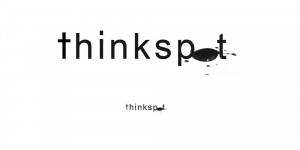The nuances of the meaning of words, according to culture and standards of politeness, makes for fascinating study. Duncan Green provides a decoding table for British expressions on his blog at http://www.oxfamblogs.org/fp2p/?p=5672
The British are masters of understatement (which is probably best served with a stiff upper lip). When a Brit purports something is ‘not bad’ they mean that in their estimation it’s actually ‘quite good’.
Yet the understatement rule cannot be generalised, because, if a Brit says something is ‘quite good’, they don’t mean it’s brilliant, but rather ‘a bit disappointing’. And if the conversation is interrupted with, ‘with the greatest respect…,’ none is intended. The interjector is being euphemistic: He thinks you’re an absolute fool.
Even within a culture there may be misunderstandings of meaning. As social animals we try to glean significance from tone and context, but this approach is also not fool-proof, since context might be disguised or misread.
Consequently, a comment made facetiously, and blandly, might not be interpreted as such – and, taken at face value, might lead to a double loss of face by the recipient.
When a junior copywriter hears telephonically that a new client has ‘only a few comments’ regarding the draft material presented, it would be best to hold judgment until presented with the list.
If the client turns out to be over-fastidious, this might in fact mean that a complete copy overhaul or rewrite is required as opposed to the mere correction of a couple of errant typos. Of course, if the copywriter is British, he or she is certainly going to be ‘a bit disappointed’ by the seeming turn of events.
Which reminds me of the following tongue-in-cheek anecdote: How many copywriters does it take to change a light bulb? Answer: ‘NONE. PLEASE! DON’T… CHANGE… ANYTHING.’


